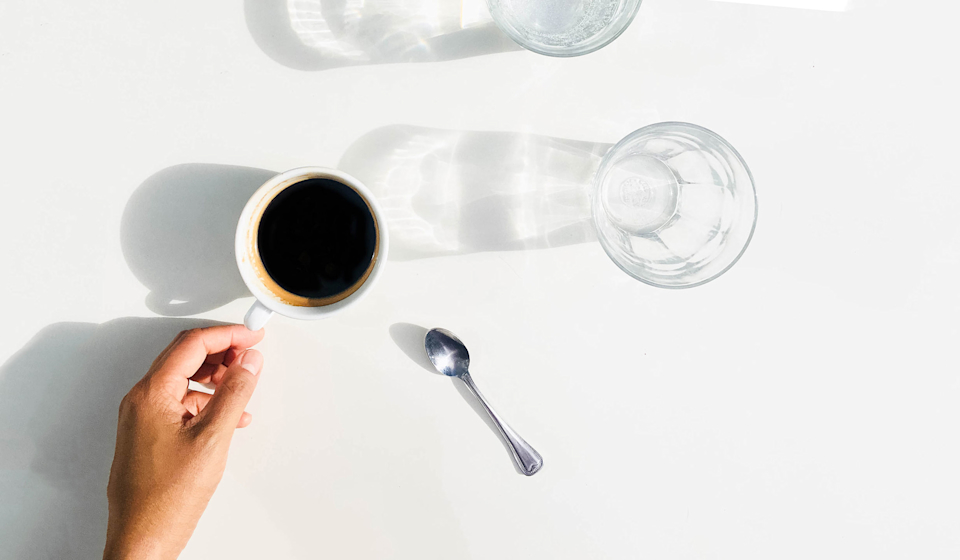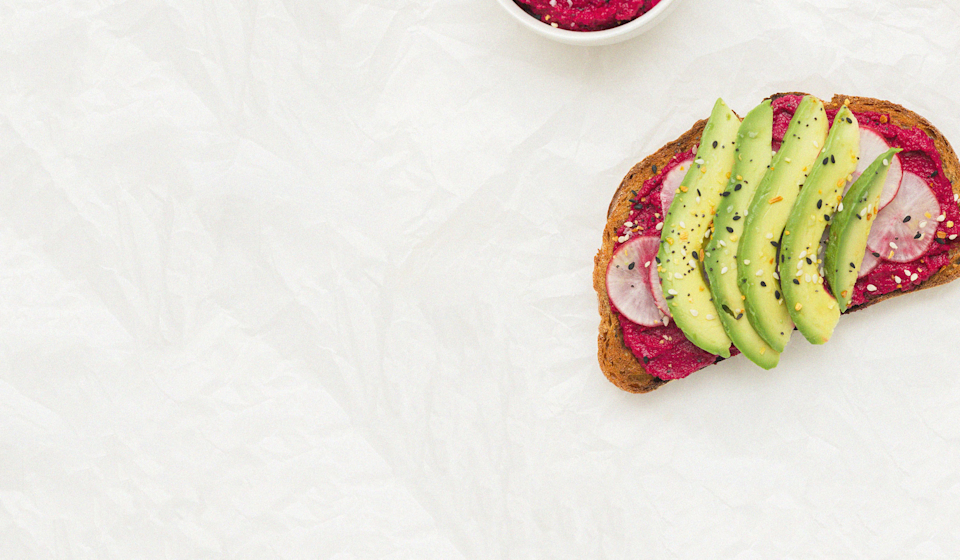Essential Takeaways
- From helping you to relax or loosen up after a tough day at the office, stretching is a ritual worth adding to your daily routine.
- Keep reading to learn what science has to say about the benefits of stretching.
We’ll just say it: In the realm of fitness-related habits, stretching doesn’t get nearly enough credit. Sure, it doesn’t have the wow-factor of, say, training for a marathon, or even the trendy appeal of its related cousin, yoga. But particularly for those of us who have office jobs—or for anyone dealing with stressors on a regular basis (we see you!)—stretching can be something of an unsung hero. And it’s a pretty low-lift habit to adopt, at that.
Stretching can help us decompress from sitting at a desk all day.
You’re probably well aware that staying sedentary at work isn’t doing us any favors. (According to a study analysis cited by the Mayo Clinic, the best way to counteract roughly eight hours of sitting is to engage in about an hour of exercise, along with regular breaks from your desk.) (1)
But beyond the importance of physical activity, it’s worth noting that when we sit for long periods of time, certain muscles (like our hamstrings) are impacted more than others. With that in mind, stretching can help restore balance and flexibility after a day at work—and can have the added benefit of helping your mind relax, too.* (2)












